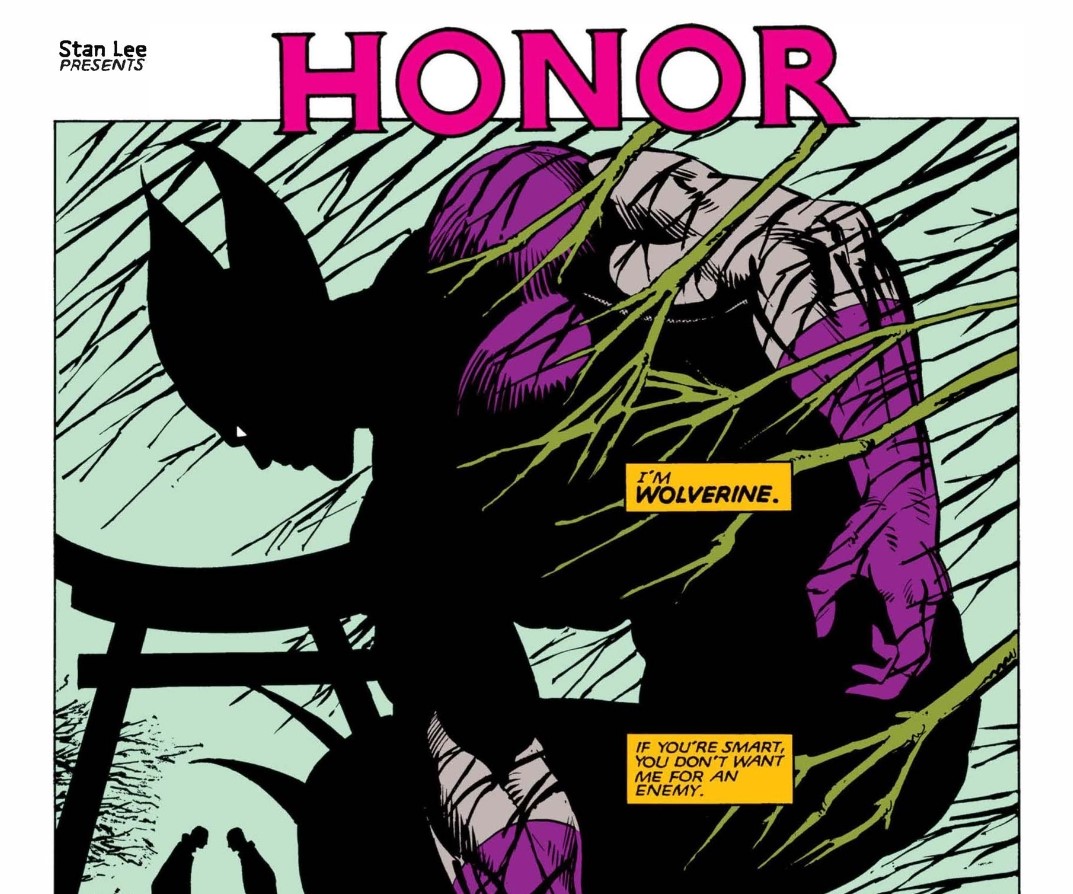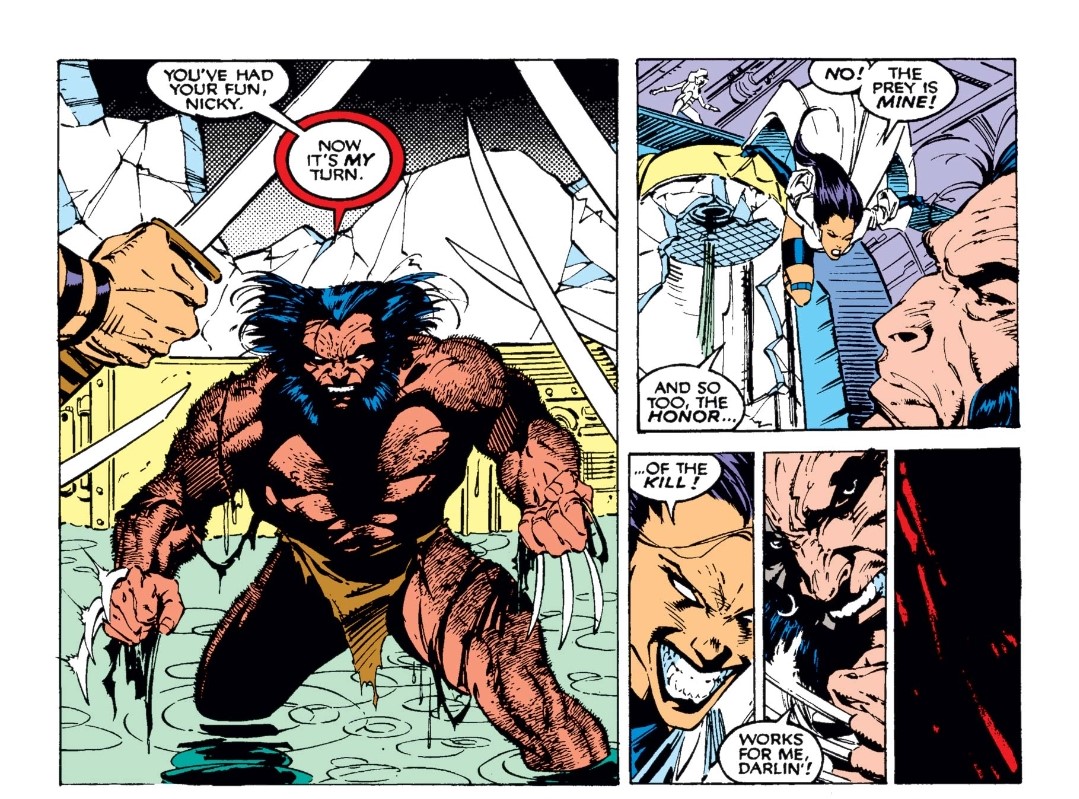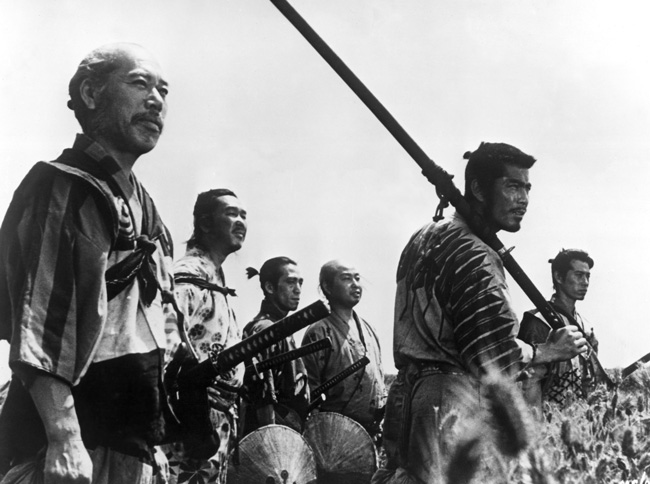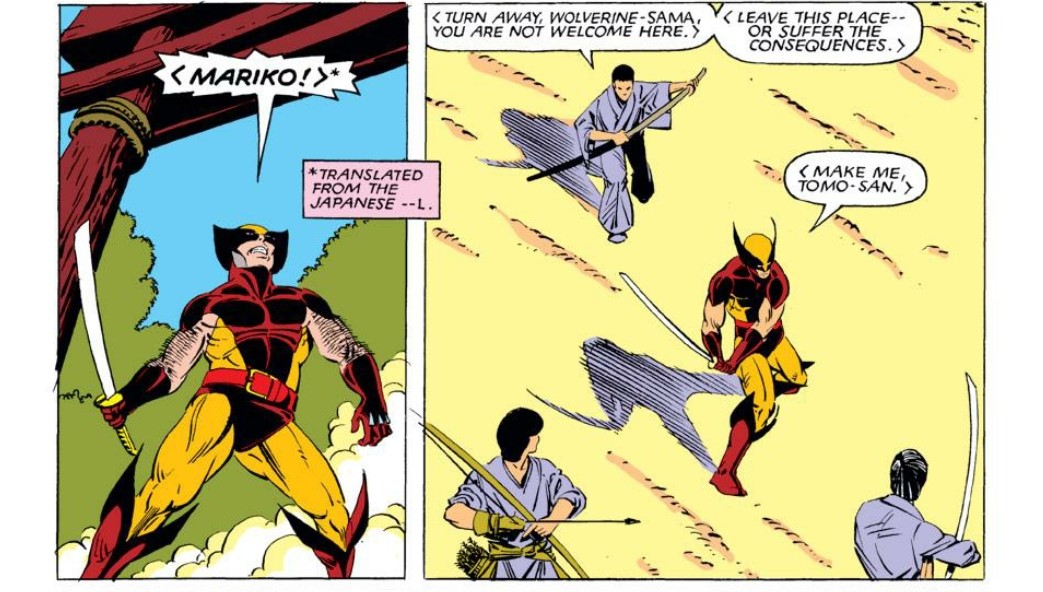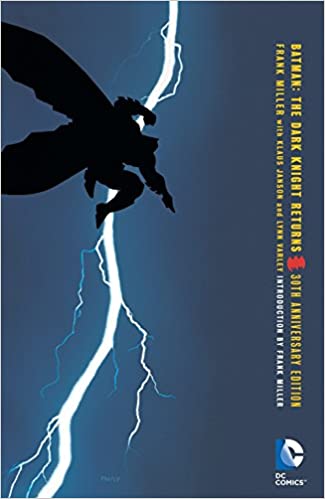With the help of Frank Miller in the 1982 Wolverine mini, Claremont aligned Wolverine’s character with samurai mythology (on top of the previous cowboy association), a decision that greatly altered and advanced Logan toward new storytelling horizons. #xmen @WolverSteve 1/7
Cowboy and Samurai mythology share a few key attributes, most notably, a symbolic engagement with a specifically masculine nostalgia that offers a lament for the old ways in the face of a modernizing world that has no place for them. 2/7
We can also throw the sword and sorcery barbarian tales into that same pot, a genre that Wolverine stories also sometimes draw from, but let’s avoid complicating this more than necessary and just focus on the two for now. 3/7
Due to similarity, the shift from emphasis on cowboy to samurai mythology is pretty easily executed (as evident by many great Westerns based on Samurai movies). Thus the transition from cowboy to samurai is easily accepted in Wolverine’s case. 4/7
What the samurai (or more specifically, the ronin or bushido) mythology offer Wolverine that cowboys do not, however, is an ability to integrate concepts of honour, duty and loyalty in a way that the cowboy mythology doesn’t account for as easily. 5/7
Symbolically, the pursuit of honour maps nicely to Logan’s pursuit of a gentler way, while the aspects of duty and loyalty speak to his profound relationship with the X-Men as a collective, and the extent to which being a part of that team means everything to him. 6/7

 Read on Twitter
Read on Twitter